The Best of 1979
No, not the Smashing Pumpkins song. Instead, we're looking back 45 years to the albums that defined the end of a decade - and an era.
The last year of the 1970s gave us quite a few cinema classics. Apocalypse Now and The Amityville Horror each haunted us in different ways, The Jerk gave us Steve Martin at his wild and craziest, and Star Trek: The Motion Picture capitalized on the Star Wars craze while reminding us that, before Lucas, there was Roddenberry.
I was still a kid, so hands-down my favorite big screen bonanza of the year was The Muppet Movie. Seeing Kermit on the big screen playing swamp banjo in the opening scene is still one of the most magical cinematic moments in my memory. Take that, Coppola.
As for other movie moments that year, I remember really digging Dom LeLuise, Suzanne Pleshette, Jerry Reed, and Ossie Davis in Hot Stuff, which, if memory serves, did not include “Hot Stuff” by either Donna Summer or the Rolling Stones in the movie. I was also a fan of Foul Play, starring Goldie Hawn and Chevy Chase. It also included a cameo by Dudley Moore as an over-the-top ‘70s-style bachelor. (Which reminds me: 1979 was also the year of 10.)
On TV, Stephen King’s ‘Salem’s Lot was the miniseries event to beat. (David Soul!) Meanwhile, the scraps of the CB craze that swept through America in the mid-to-late ‘70s had landed on the small screen with BJ and the Bear, a ridiculous show about a truck driver getting into weekly mischief with his co-pilot, a chimpanzee. No, really. It even had a spin-off about its protagonist played by Claude Akins, The Misadventures of Sheriff Lobo. Simply put, ripping off Smokey and the Bandit, Dukes of Hazzard, and even Every Which Way But Loose is scraping the very bottom of the barrel.
In the music world, disco was at its commercial peak. As proof, Chicago’s Comiskey Park held a “disco demolition night” 45 years ago on July 12, 1979. Chicago rock DJ Steve Dahl urged his listeners to bring disco records to get blown up real good in the outfield. Of course, a stadium filled with rock-loving, disco-hating kids is a recipe for an almighty disaster, and sure enough, all hell broke loose. It’s ironic, because by 1979, several well-established rockers, from Rod Stewart and the Rolling Stones to KISS and even Pink Floyd (see below), had incorporated disco grooves into their work and made bank. Everyone ultimately benefitted.
Elsewhere, punk was blowing up in a different way, hip-hop was about to change everything, and country music was on the verge of pop crossover schmaltz as Urban Cowboy was on the horizon. 1979 was indeed a transitional year, both chronologically and culturally. So many fantastic albums were released in those 12 months that narrowing them down to just the 14 below - across all genres - is a fool's errand. Well, call me a fool then…
Tom Petty - Damn the Torpedoes
With young hot-shot producer Jimmy Iovine behind the boards helping to focus their sound for their third album, the Greatest-American-Rock'n'Roll-band-that-isn't-Creedence-Clearwater-Revival delivered their greatest work. The songs, arrangements, and production here transcend trends and time. All killer, no filler? You better believe it. Even the outtakes are fantastic. On any other album the moody, exceptional "Casa Dega" would be a highlight. For Damn the Torpedoes, it was relegated to a B-side.
Donna Summer - Bad Girls
Overzealous boneheads may have burned her records at Comiskey Park, but the joke was on them, as Donna Summer laid the hammer down with Bad Girls in the spring of ‘79. A double album under the guiding hands of Giorgio Moroder and Pete Bellotte and featuring the synth and songwriting skills of Harold Faltermeyer among others - including Summer herself on the classic “Dim All the Lights” - Bad Girls mixed the best of rock, disco, and new wave to guide us into to a new decade.
Rickie Lee Jones - Rickie Lee Jones
One of the best albums to put on during a breezy summer afternoon, or at dusk, or any damn time, really. Sounding more confident than anyone deserved to be on their debut album, Rickie Lee Jones won the Best New Artist Grammy, and it was well-deserved. Jazzy, laid-back; Steely Dan if they collaborated with Dylan, Joni, and Waits. It doesn't hurt that the likes of Dr. John and Randy Newman help out, but Rickie still owns this. Of course, there's "Chuck E.'s in Love," but there's also "Easy Money," "Young Blood," "The Last Chance Texaco," "Danny's All-Star Joint" - hell, the whole album - which is why it's here.
The B-52's - The B-52's
Athens, Georgia's B-52's first album may have been only a taste of what was to come, but it was a helluva first course. Punk, new wave, '60s girl-group pop, and twisted rock'n'roll all converged to form 40 minutes of the most head-bopping, danceable sounds of the year. "Rock Lobster" is the classic, but dig deeper for "52 Girls," "Dance the Mess Around," and their spirited take on "Downtown." The B-52's is the sound of Fred Schneider, Kate Pierson, Cindy Wilson, Ricky Wilson, and Keith Strickland basically inventing college rock.
Willie Nelson & Leon Russell - One for the Road
Willie Nelson was at the peak of his powers in 1979. He was riding high on the release of the universally acclaimed - and groundbreaking - Stardust, as well as a double live album; he starred in his first motion picture alongside Robert Redford and Jane Fonda (The Electric Horseman); and before the year was out, he'd dedicate a full album to the songs of friend and future fellow Highwayman, Kris Kristofferson, and release by year's end a Christmas collection that people actually loved hearing, and still do.
Still, in the middle of the year, he found time to release a double album with fellow troubadour/legend/outlaw Leon Russell. On One for the Road, the first disc is half-rock-half-western-themed, while the second disc is more of the late-night torch song variety. Check out the ferocious version of "Heartbreak Hotel" on the "rock" side. Trigger comes in so hard at the beginning of its solo the pickup feeds back slightly. They kept the take and it's all the better for it. Then there's Mickey Raphael's ferocious, heavy metal harmonica solo - it's easy to see why Motley Crue tapped him to blow the tin sandwich on their version of "Smokin' in the Boys' Room" six years later.
The highlight, though, is "Trouble in Mind," as Maria Muldaur and Bonnie Raitt stop by to add their sly, smoky vocals and down-and-dirty nasty slide, respectively, coupled with the bluesiest, most animated vocal Willie ever put to tape.
Neil Young & Crazy Horse - Rust Never Sleeps
The version of "Hey, Hey, My, My" that closes Rust Never Sleeps contains some of the most distorted guitar work I'd ever heard up to that point. Even now, it's still jarring. Neil Young brought out his trusty Crazy Horse to deliver a half-acoustic, half-electric masterpiece. From the dream-like imagery of "Pocahontas" to the Skynyrd-esque "Powderfinger," Young gave notice that an old folkie of the hippie era still had plenty to say. In fact, he's still out there saying it, forty-five years later. Neil has yet to stand still long enough for rust to settle.
AC/DC - Highway to Hell
Robert John "Mutt" Lange eventually became the aural architect for the careers of everyone from Def Leppard to Shania Twain. Before all that, in 1979, he produced the Boomtown Rats' biggest success (The Fine Art of Surfacing, which included "I Don't Like Mondays") and he oversaw this scruffy group of ne'er do wells on what would become their first bonafide classic (and sadly, the last with singer Bon Scott). Highway to Hell sounds menacing and dangerous, but you can clearly hear its tongue firmly planted in its cheek. A trip to hell never sounded so fun.
Blackfoot - Strikes
The Southern rock era, arguably, was at its peak from '74 to '77, but a strong case could extend it through 1979, mainly on the strength of Molly Hatchet's Flirtin' With Disaster, Blackfoot's Strikes, and, arguably, 38 Special’s Rockin’ Into the Night (which pointed to where the genre was headed in the coming decade). Where Hatchet's Danny Joe Brown could at times sound like a Muppet with a bad cold, the voice of Blackfoot's Rick Medlocke was as huge as the Florida Everglades. As a result, Blackfoot rocked harder than their peers, and Strikes was their best moment.
Ian Hunter - You're Never Alone With A Schizophrenic
Another octogenarian who’s still out here rocking his life away. In 1979, Ian Hunter and Mick Ronson got together for an album and tour that rocked Cleveland, and everywhere else. From the gut-punching opener, “Just Another Night” to the foreboding funk of “Bastard”, this was rock’n’roll at its most self-aware and visceral.
Pink Floyd - The Wall
An album that’s aged maybe too well, The Wall offers a warning about what happens when we become too wrapped up in ourselves, only listening to voices that reinforce our paranoia or echo our fears until we can see nothing beyond our worldview.
Tear down the wall already!
Michael Jackson - Off the Wall
The album that paved the way for the monstrous success of Thriller, Off the Wall is, of course, the better album overall, but it didn’t have the audio/visual component or the (eventual) backing of MTV to promote it. No matter, its craft was top-notch and the grooves didn’t stop - even after you’d had enough.
The Clash - London Calling
As the homage to the cover of Elvis Presley's first album made clear (just as that album had), this was something new, something dangerous. The Clash's third was a double, and it deserved to be. There was no padding. As such, it joined the ranks of Exile on Main St., Blonde on Blonde, and ... well, that's it for pad-free studio double albums in the rock era. Like all the greats, London Calling still sounds vital today, where the likes of Joe Strummer are missed and needed more than ever.
Graham Parker - Squeezing Out Sparks
After the Van Morrison pretensions of his fantastic first few platters, Graham Parker reset and merged Springsteenian heartland rock with a new wave/punk aesthetic shared by Elvis Costello, Nick Lowe, and the Cars. The result, Squeezing Out Sparks, stands as Parker and the Rumours’ defining moment.
Ry Cooder - Bop ‘til You Drop
The first digitally recorded major label album, Bop ‘til You Drop paved the way for the future with the songs and soul of the past and present. Cooder recruited David Lindley, his longtime drummer of choice Jim Keltner, Tim Drummond, and other ace session players along with vocalists Bobby King and none other than Chaka Khan, to craft one of his most enjoyable front-to-back platters. Picking songs from the likes of Arthur Alexander, Doc Pomus, and Frederick Knight didn’t hurt either.
…and here’s the mixtape taken from all the albums above…
Honorable Mentions
Cheap Trick - At Budokan
Elvis Costello - Armed Forces
Bob Dylan - Slow Train Coming
Emmylou Harris - Blue Kentucky Girl
Led Zeppelin - In Through the Out Door
Nick Lowe - Labour of Lust and Dave Edmunds - Repeat When Necessary (both of which I wrote about here.)
Frank Zappa - Sheik Yerbouti, Orchestral Favorites, and his Joe's Garage trilogy
Ron Wood - Gimme Some Neck
ZZ Top - Deguello





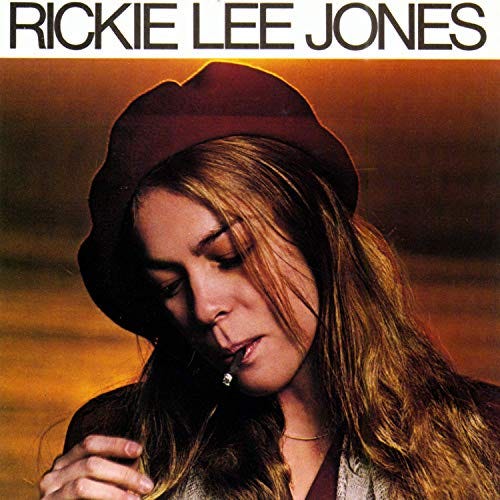

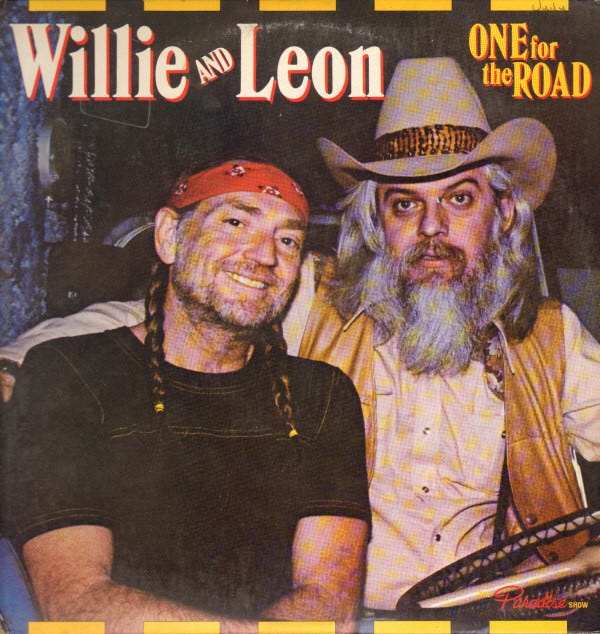
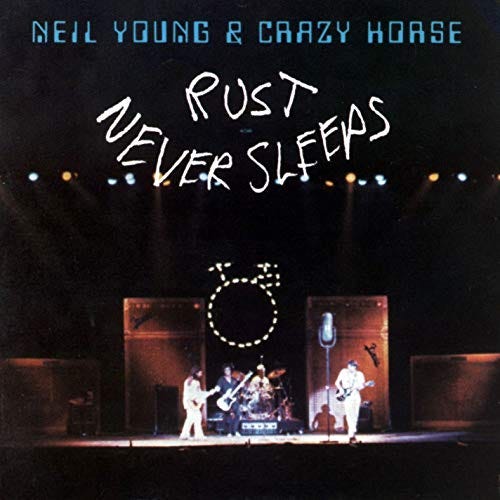
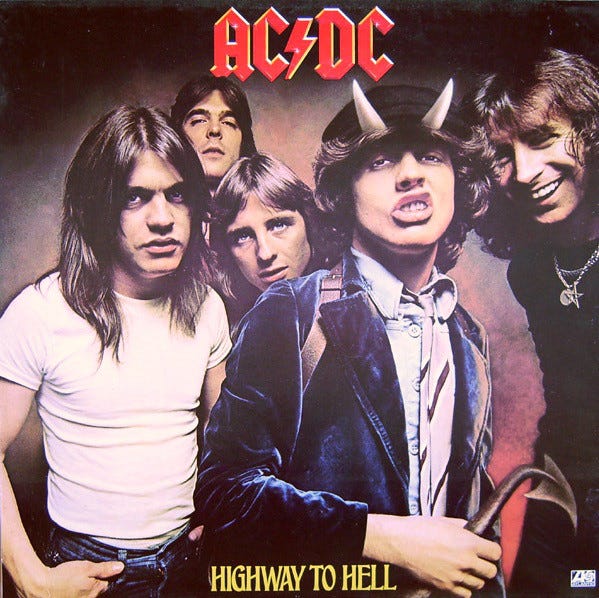

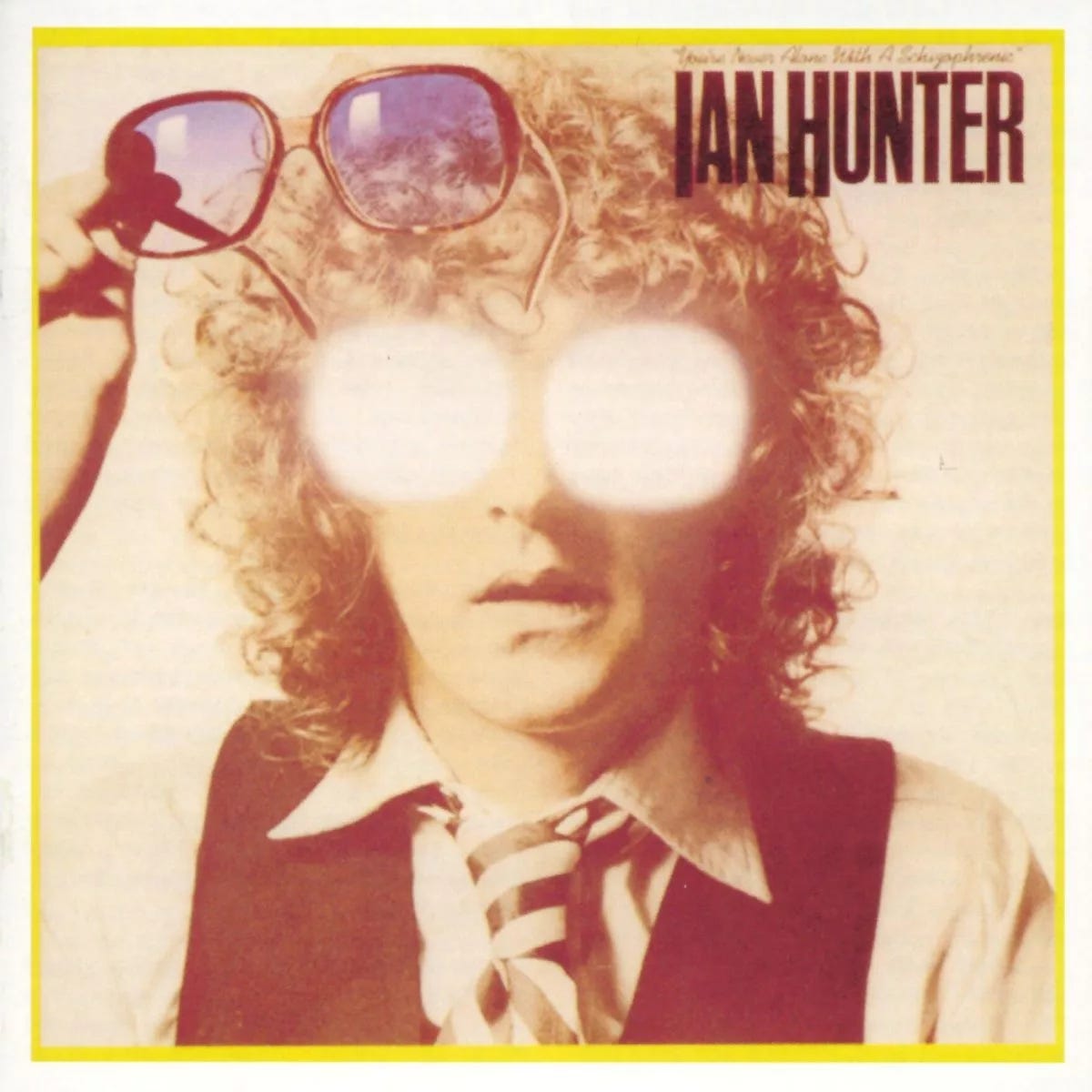

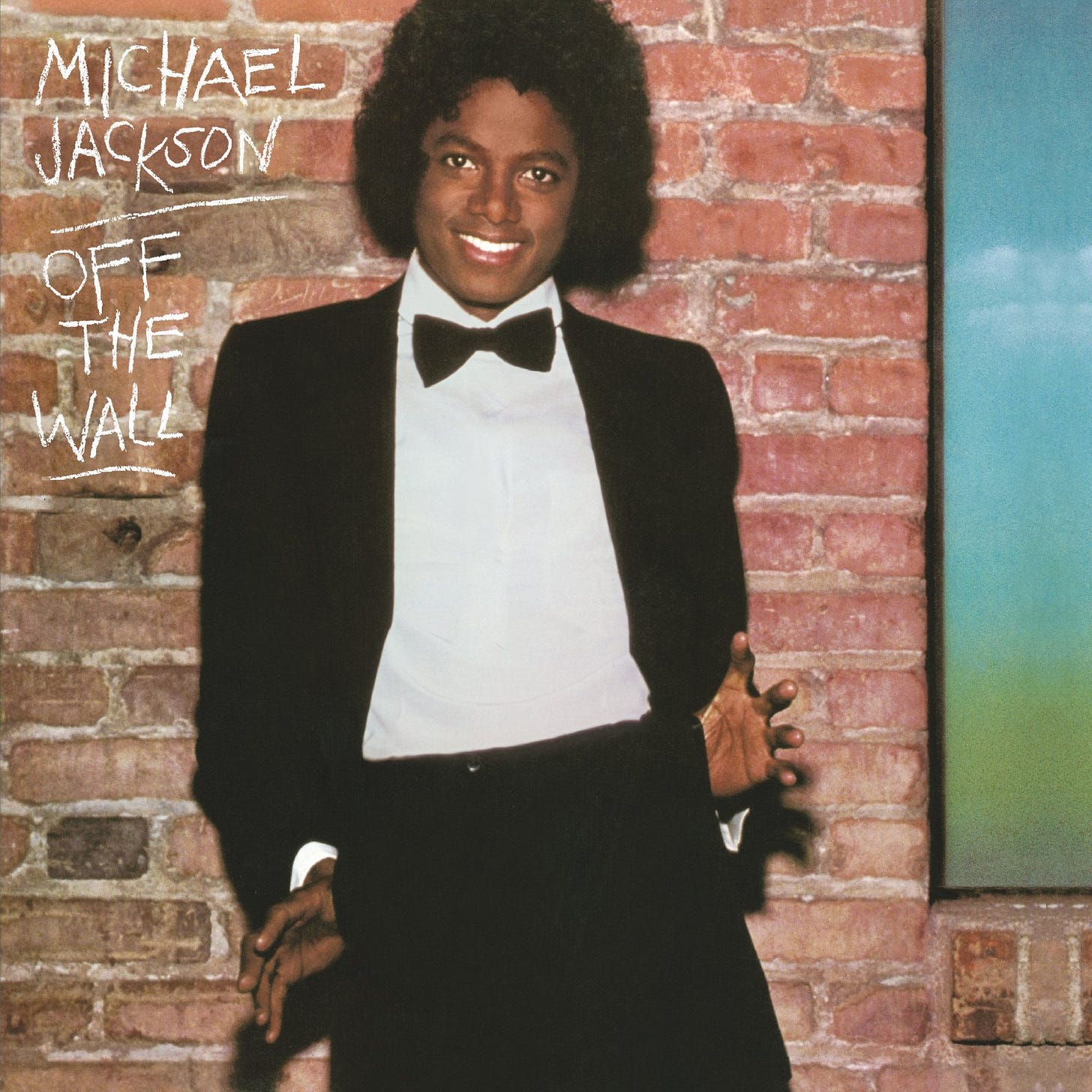
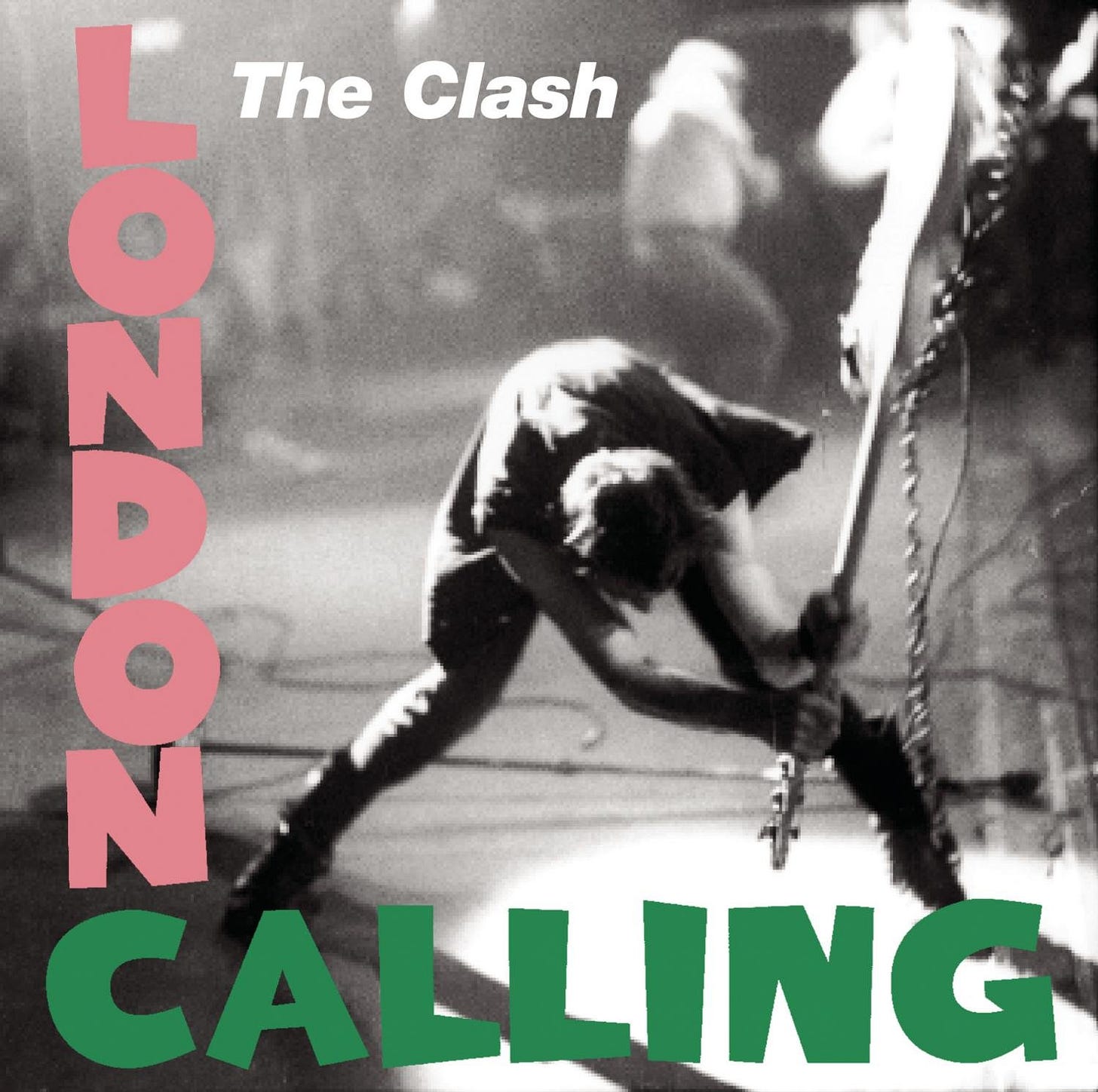
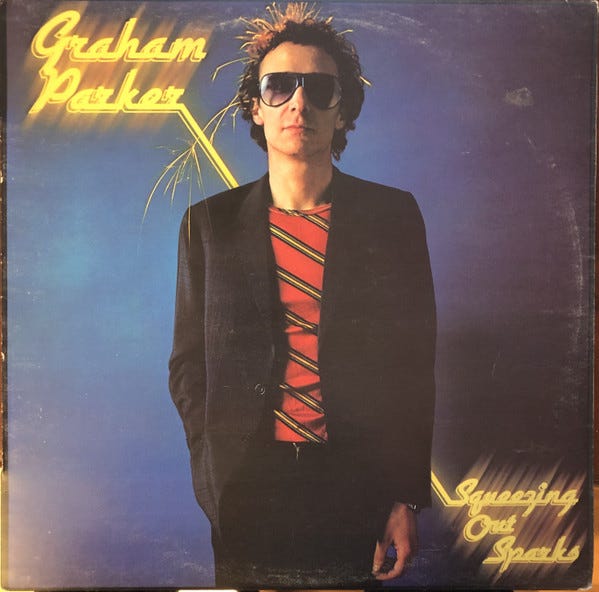


That's a great write-up. For years I argued that 1979 was my favorite year for music (I've recently been convinced that 1971 was stronger).
Two other albums that I think of as classics are the debut releases by Joe Jackson and The Pretenders.
Amazing list! I love that you covered such a wide breath. It really shows music in mid-transiton. Also, I love seeing Live Rust on there! Such an amazing album